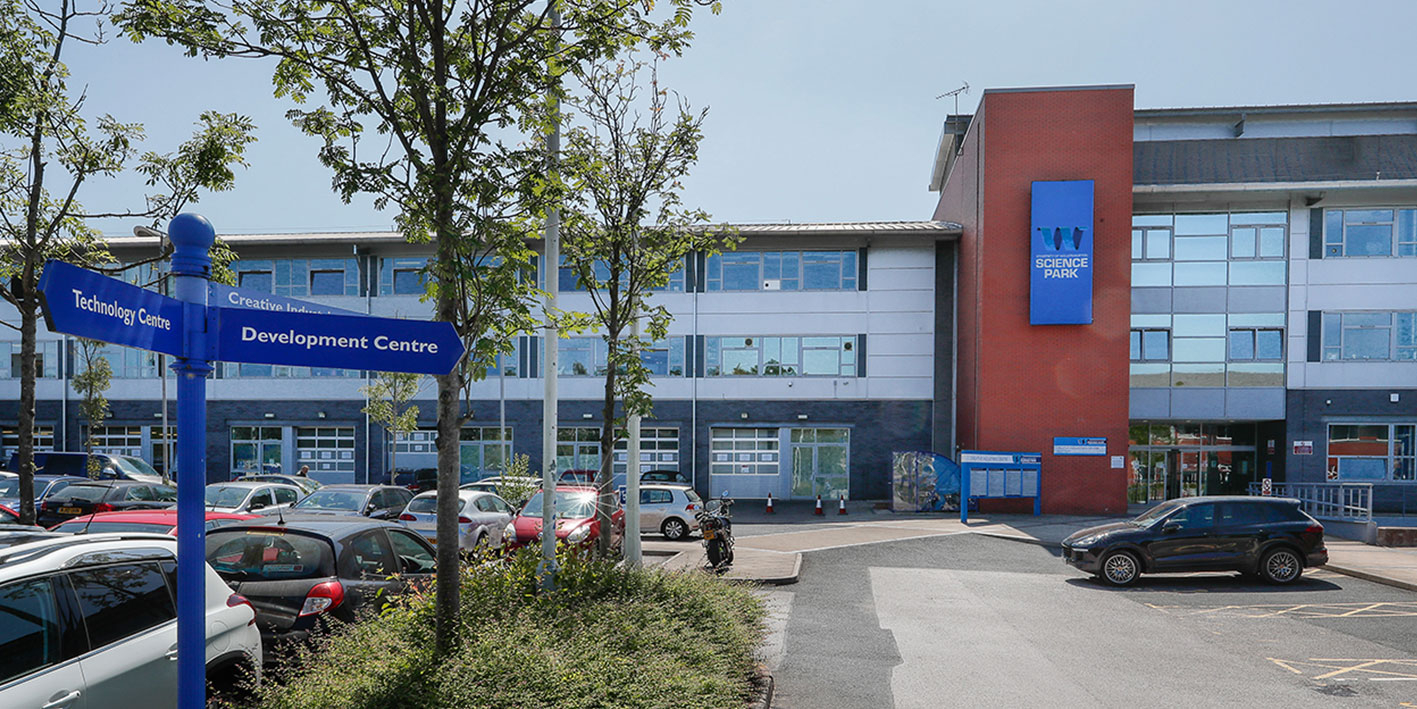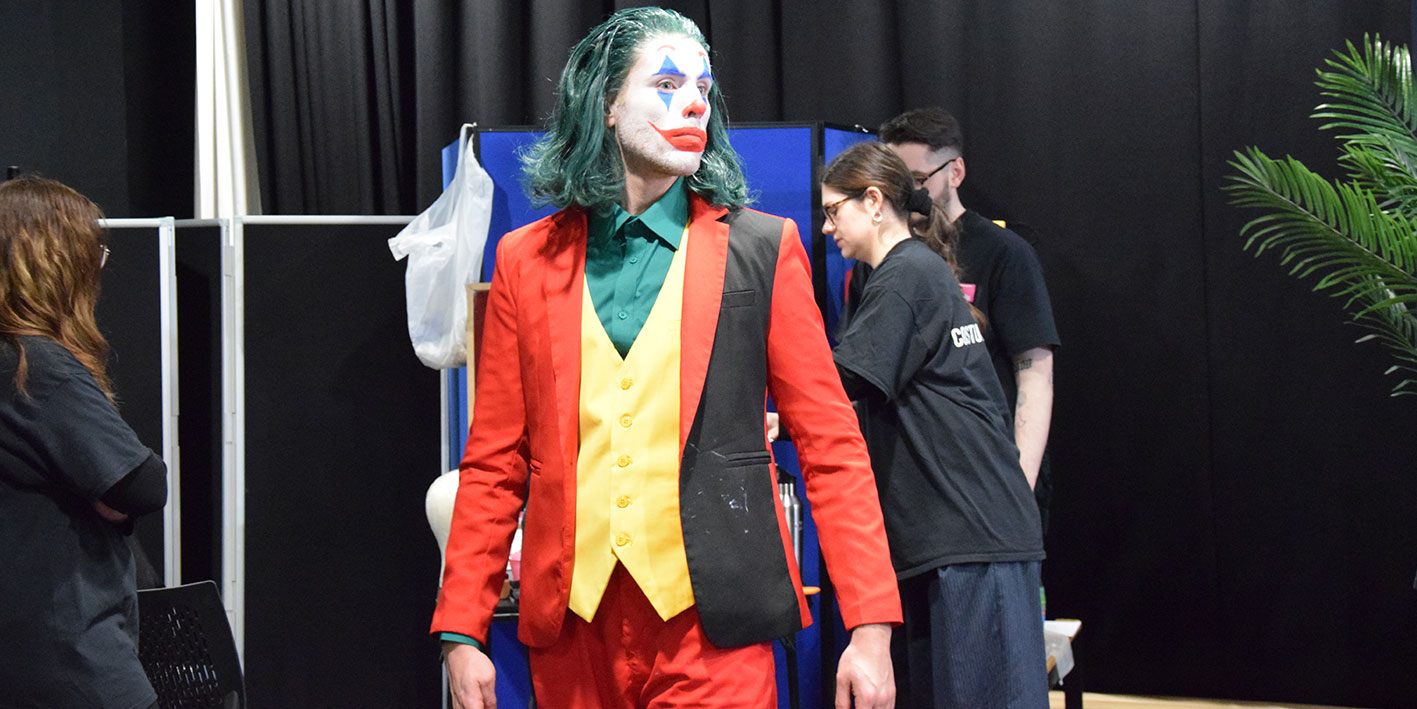
University of Wolverhampton degrees working for students
More and more graduates from the University of Wolverhampton are proving to be highly employable and securing professional roles after they leave according to a national report.
The Destinations of Leavers from Higher Education (DLHE) Survey is a national annual survey of everyone who has recently graduated from university or HE college.
Each year universities, on behalf of the Higher Education Statistics Agency (HESA), contact graduates six months after they have completed their studies to find out their employment status.
Overall, 96 per cent of students who graduated from the University of Wolverhampton in 2017 were in work or further study after they had left - outperforming the UK average for all universities and remaining at a high for the University.

Even more importantly the number of our students going into graduate level jobs continues to rise with 72 per cent in professional or managerial roles – up from 68 per cent last year.
Wolverhampton students are also supporting the regional economy with 77 per cent working in the West Midlands after graduation.
The survey results also highlighted that two thirds (67 per cent) reported earning £15,000 to £29,999 and a further 20.5 per cent earning £30,000 to £59,999, six months after graduating – up by four per cent.
The average starting salary of a graduate has risen from £24,024 to £24,455 per annum.
Deputy Vice-Chancellor, Professor Ian Oakes, said: “University of Wolverhampton students continually demonstrate that they have the knowledge, skills and qualities that employers are looking for.
“We have had very high employability rates over the last few years, so to maintain them is an outstanding achievement by both our staff and students, resulting in the University having one of the highest overall employability rates in the UK.
“What is even more pleasing this year is to see once again the number of our students going into graduate level jobs and gaining graduate level salaries has gone up to more than 72 per cent. This is an area we have put particular focus on and have seen levels rise year on year for the past three years.
“Students and their families want to come to University to broaden their minds but also to broaden the opportunities available to them.
“At the end of three years students want to give themselves the best chance possible of securing not just a job but a career and what we have proved at the University is that we can help them achieve that.
“We have worked hard to put together a package of support measures for students alongside their courses to prepare them for the world of work and to give them a better chance of succeeding. We’ve ensured employability skills are embedded into our courses along with a real focus on gaining experience through placements, internships and volunteering opportunities.
“We also play a central part in the regional economy and the regeneration of the areas in which we work so are proud of the fact that 77 per cent of our graduates contribute to the West Midlands economy by getting a job in the region or setting up their own business here.”
Students at the University get to access to a range of support alongside their studies including careers advice and guidance, workshops on CV writing and interview techniques, access to part-time jobs, international work placements, industrial placements and an annual Enterprise and Employability Awards scheme.
The University also assists those graduates who wish to start their own business as well as providing volunteering opportunities to help build vital experience and confidence.
Picture caption: Top left, Kimmy Forshaw, top right Rachel Toor, bottom left James Small and bottom right Stuart Glover.
For more information please contact the Corporate Communications Team.


/prod01/wlvacuk/media/departments/digital-content-and-communications/images-2024/240328-Varsity-Line-Up-Resized.jpg)
/prod01/wlvacuk/media/departments/digital-content-and-communications/images-18-19/220325-Engineers_teach_thumbail.jpg)
/prod01/wlvacuk/media/departments/digital-content-and-communications/images-2024/240404-Digital-Humanities-Training-Resized.jpg)
/prod01/wlvacuk/media/departments/digital-content-and-communications/images-2024/240320-Uzbekistan-Resized.jpg)
/prod01/wlvacuk/media/departments/digital-content-and-communications/images-2024/240229-The-Link-Resized.jpg)
/prod01/wlvacuk/media/departments/digital-content-and-communications/images-2024/240411-IYC-Resized.jpg)

